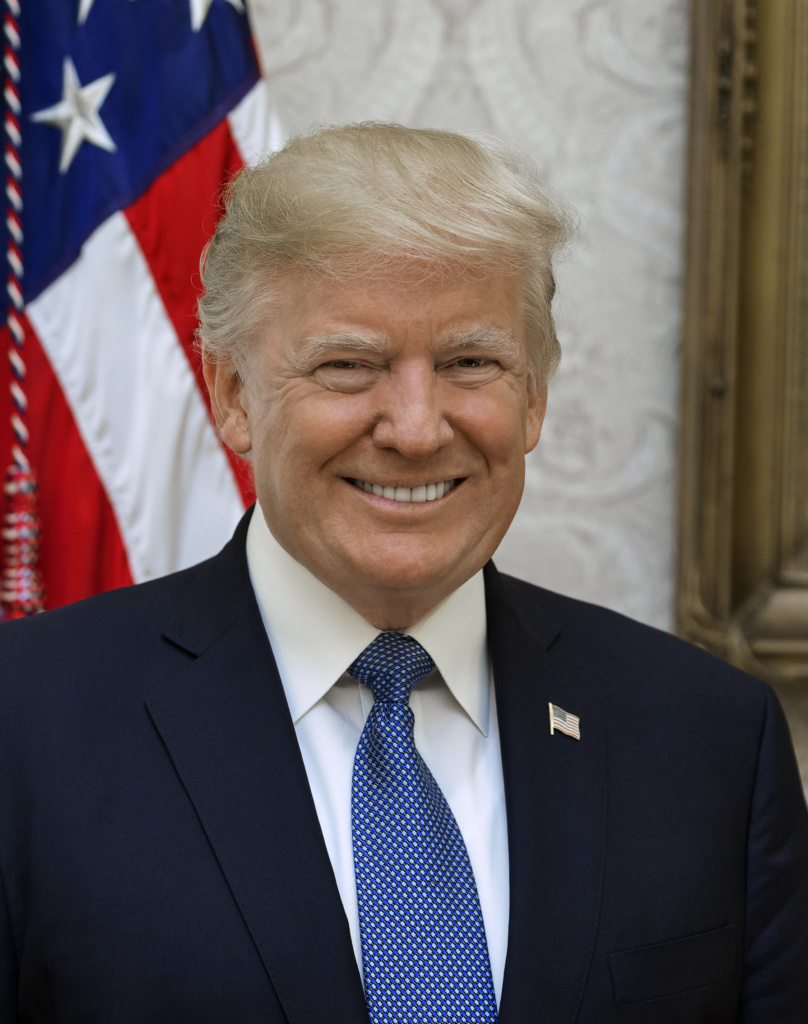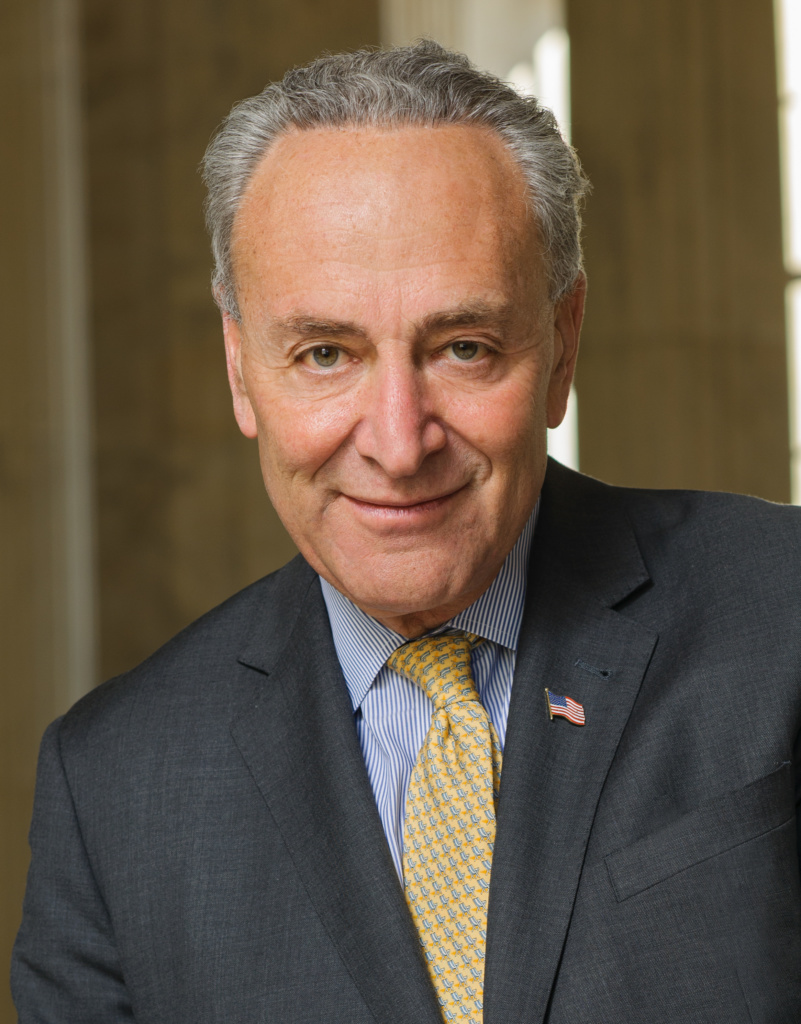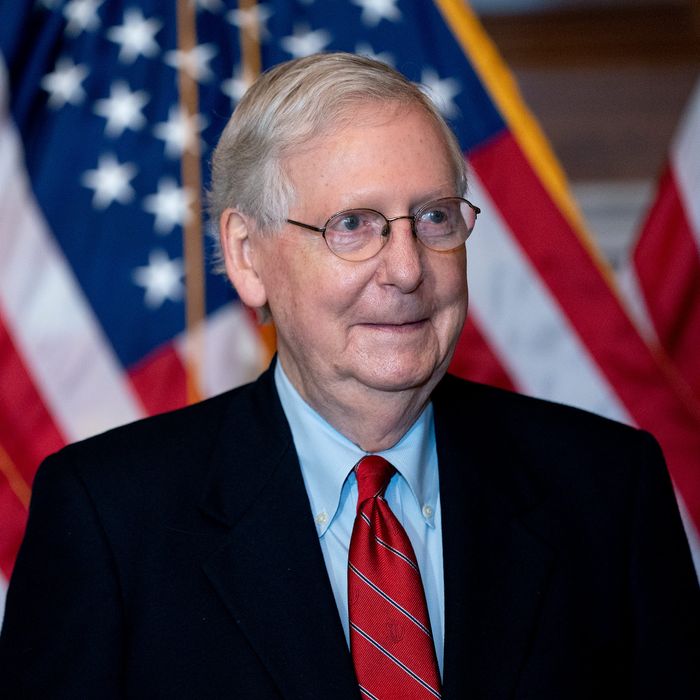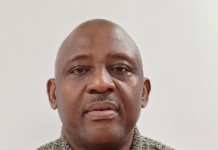
By Owen A Clarke – On February 9, 2021 the U.S. Senate, the constitutionally mandated jury in all impeachment trials of U.S. Presidents, Vice Presidents and Civil Officers, convened in response to a charge of “incitement of insurrection” against the 45th President of the United States, Donald J. Trump.
Three hundred and Seventy days after acquittal of high crimes and misdemeanors in a previous trial, Donald J. Trump, now faced the U.S. Senate, on one article of impeachment, which stated that he “engaged in high crimes and misdemeanors by inciting violence against the government of the United States.” The impeachment article, delivered to the Senate on January 25, 2021 by the Impeachment Managers of the U.S. House of Representatives, said further that during an address to supporters at a rally he convened in Washington, D.C. on January 6, 2021, Trump “willfully made statements that, in context, encouraged – and foreseeably resulted in – lawless action at the Capitol.” Prosecutors hoped that on conviction, Trump would be debarred from ever holding public office again in the United States.

Arrangements between Senate Majority Leader Schumer and predecessor, Mitch McConnell, foresaw a much shorter trial this time, including 16 hours to make both cases, and a question period. The defense eventually utilized only 2 hours and 32 minutes. McConnell who had reportedly told his Republican colleagues to vote with their conscience — not along party lines, was slated to give an impassioned speech condemning Trump, after he had voted to acquit him.

The prosecution was led by Jamie Raskin, a former constitutional law professor and Representatives Diana DeGette of Colorado, David Cicilline of Rhode Island, Joaquin Castro of Texas, Eric Swalwell and Ted Lieu of California, Joe Neguse of Colorado, Madeleine Dean of Pennsylvania and Stacey Plaskett of the U.S. Virgin Islands. Trump’s legal defense was led by Bruce Castor Jr., David Schoen, and Michael van der Veen, trial lawyers reportedly recruited after a handful of lawyers quit the former president’s team.
The Case Before The Senate
According to the prosecutors, Trump, who relinquished power on January 20, 2021, was the “inciter-in-chief” of a deadly attack on Congress, situated at the very Capitol building in which the trial was taking place. Prosecutors painstakingly reconstructed the events leading up to the November 3 presidential election won by Democrat Joe Biden, and then laid out the aftermath, when Trump’s attempts to discredit and ultimately overturn the result became ever more blatant. Michael Mathes and Sebastian Smith, writing in the International Business Times, stated that “after weeks of warning his tens of millions of supporters that he could only lose if there were fraud, Trump ramped up his lies after election day, insisting that Biden’s party had cheated. Finally, he called a mass rally in Washington on January 6 and encouraged the crowd to march on Congress where lawmakers were certifying the Democrat’s win. In the ensuing mayhem, five people died, including one woman shot after breaking into the Capitol and one policeman killed by the crowd.”
On opening day, Lead Impeachment Manager Raskin intoned ominously, “when the violence inexorably and inevitably came, he (Trump) completely abdicated his duty… Donald Trump surrendered his role as commander-in-chief and became the inciter-in-chief of a dangerous insurrection.” Using video footage and copious documentary evidence to support their timelines, impeachment managers informed the 100 members of the U.S. Senate of many of the incendiary tweets in which Trump had falsely claimed fraud in the November election, and recalled Trump’s 20 mentions of the word “fight,’ and his fateful words to followers “if you don’t fight like hell, you’re not going to have a country anymore.” Anticipating a defense argument that the trial was unconstitutional, prosecutors reminded the senate that it had voted on day 1 that the trial was in fact constitutional. Since this senate decision was not appealable, this appeared to effectively seal off one avenue of defense.
Citing Article 1, Sections 2 and 3 of the U.S. Constitution, Leslie Marshall, in a February 7 Fox News OpEd argued that the Senate “shall have the sole power to try ALL impeachments.” He concluded that the House’s impeachment of Donald Trump seven days before he left office made his impeachment constitutionally proper and compelled the senate to conduct a trial. He further recalled an 1876 case in which the Secretary of State resigned hours before he was impeached by the House but was still tried and acquitted by the senate.
The Defense Fails to Rest
David Schoen, who later abandoned the Defense team, however began by arguing that the Senate had no jurisdiction to try Trump once he had left office. This specious argument, repudiated even by Republican constitutional scholars, allowed for avoidance of a trial that could incur Trump’s wrath. Trump had threatened to use his millions of loyal supporters to exact revenge on re-election efforts of all who voted to impeach him. Indeed, only 6 Republican Senators had voted that the trial was constitutional. In a Senate equally divided with 50 Democrats and 50 Republicans, it was immediately apparent that the two thirds majority required for a conviction (67 votes) would be most unlikely.
The response of Trump’s lawyers to the opening prosecutorial salvos was decidedly underwhelming! While one attorney, Bruce Castor, delivered a rambling 40-minute response that even Trump allies called nonsensical, the other lawyer, David Schoen, did not even bother to defend Trump’s post-election behavior, focusing remarks on an angry denunciation of Democrats and the entire impeachment process.
A Unique and Historic Trial Unfolds
One would be hard pressed to find, in the annals of U.S. jurisprudence, a more unique and historic trial. Never before had a U.S. President been twice impeached! Never before had an impeachment trial been conducted to remove a president who had already demitted office! Never before had a group of victims, desperate to acquit or ignore the defendant’s actions, been called upon to be his jury. Sen. Patrick Leahy, president pro tempore of the Senate, would preside at this distinctly unique trial. Never had jury members consulted openly with defense lawyers; never had an impeachment trial been so swiftly concluded; and never had a jury, whose members saw, heard, and experienced the offense before them voted to acquit the accused. And yet, in the final analysis, it turned out to be the most bipartisan vote in U.S. impeachment history.
The defense argued passionately that prosecutors failed to show that Trump implicitly or explicitly incited insurrection. Using cleverly arranged videos they argued that American politicians routinely used the words “fight” and “fighting” without it constituting an incitement to insurrection. Contradicting the prosecution, they claimed that Donald Trump acted quickly and decisively on learning of the riot, and accused Democrats of not really being against violence, but of seeking to disenfranchise 75 million Trump voters, thus making Donald Trump a victim of “Constitutional Cancel Culture.” CNN analyst John King observed that Donald Trump received the defense he wanted, “full of lies, full of distortions, full of things taken out of context,…that didn’t answer the questions.” The defense team nevertheless argued that Trump should be acquitted, accusing prosecution managers of manufacturing evidence and tampering video footage. Confirmed reports that at least three Republican jurors met privately with the defense team added to the drama surrounding this second impeachment.
Questions Without Answers but…A Show of Unity
During the question-and-answer period, Senators, including Republican senators Susan Collins, Lisa Murkowski, and Mitt Romney, asked tough questions. Asked when Donald Trump knew of the riot and what were his reactions elicited a less than convincing Defense response that Trump was unaware of the situation or its gravity, including the evacuation of Vice President Pence.
On February 12, a hopeful display of unity unfolded, as senators unanimously cheered the courageous January 6 actions of Capitol policeman Eugene Goodman who was awarded the Congressional Gold medal.
New Evidence Surfaces but Closing Arguments Proceed
On Saturday, February 13 Raskin surprisingly requested to call a witness, and following negotiations a statement by Republican Representative, Herrera Beutler, was admitted into evidence. Beutler’s statement outlined a conversation between President Trump and House Minority Leader McCarthy on January 6, while the insurrection was occurring, in which it became clear that Trump was aware of the situation at the Capitol and was unwilling to provide any assistance to beleaguered congressmen and Vice President Pence.
Prosecution closing arguments insisted that they had provided “overwhelming, irrefutable, unrefuted evidence of Donald Trump’s incitement of an insurrection against his own government. They implored senators to base their decision on the facts, on evidence, and the constitution. Quoting extensively from the works of the Founding Fathers, Raskin argued that Trump’s desertion and dereliction of duty was essential to his incitement of violence; he concluded that Trump “must be convicted for the safety and protection of our democracy.”
Defense closing arguments, focused on perceived prosecution weaknesses. Van der Veen returned to the unconstitutionality of convicting a president no longer in office and accused the prosecution of doctoring evidence and repeatedly introducing new facts in their closing arguments. He reminded senators that the case was about “if former President Trump willfully incited insurrection against the United States government.” He repeated that there were no examples, at any point, of Trump encouraging or inciting anyone to commit violence or insurrection, and informed senators that Trump was innocent of the charges against him.
A Vote to Acquit and the Possibility of A Criminal Trial
Needing 67 votes to convict Donald J Trump of inciting insurrection, the U.S. Senate voted on Saturday, February 13, in a 57 to 43 vote, to acquit him. In an impassioned speech for the ages, Majority Leader Michael Schumer condemned the acquittal vote as one of infamy that would resound in the history of the U.S. Senate; he predicted that it would live on as a weight on its creators. Schumer lamented the fact that by their votes senators had not only asked for, but had also encouraged, a repetition of the actions for which Donald Trump was now being acquitted. Not to be outdone, Minority Leader Mitch McConnell spoke for over 20 minutes, in which he roundly condemned former President Trump. Following a detailed and vehement attack on Trump’s behavior and moral irresponsibility, McConnell pursued a process-oriented argument. He explained that he had voted to acquit, not because of Trump’s 75 million voters or a lack of evidence, but because Article 2, Section 4 of the U.S. Constitution clearly states that the senate can only convict a President, Vice President, and all civil officers of the United States. Even though he had himself been complicit in the decision to conduct the trial after the inauguration of the new president, McConnell argued that the senate could not convict Donald Trump because Trump was now a civilian and no longer in office. He concluded by suggesting that while Trump was “not constitutionally eligible for conviction… he is still liable as an ordinary citizen… still liable to be tried in the ordinary tribunals of justice.”
Hilary Clinton, tweeting on February 10, stated “If Senate Republicans fail to convict Donald Trump, it wouldn’t be because the facts were with him or that his lawyers mounted a competent defense. It will be because the jury includes his co-conspirators.” According to Republican Senator Richard Burr, Donald Trump “imperiled a co-equal branch of government,” but several Republican Senators had already made it clear in the months following the November 3 election, that they supported Trump’s autocratic modus operandi and his false claims of a rigged election. They had indicated early, by actions and statements, that they considered Trump’s impeachment unconstitutional, and would vote to acquit, despite their own experiences. That they voted to acquit was therefore unsurprising. That they acquitted for the reasons they gave was disheartening, but it served as a clear indication of challenging days ahead for democracy in the United States. In the end, the U.S. Senate voted to convict itself, and acquitted Donald J. Trump.
Owen A Clarke, a U.S Foreign Service Officer (ret’d) writes in from Georgia.
Kindly follow us on twitter:@AfricanVoice2








